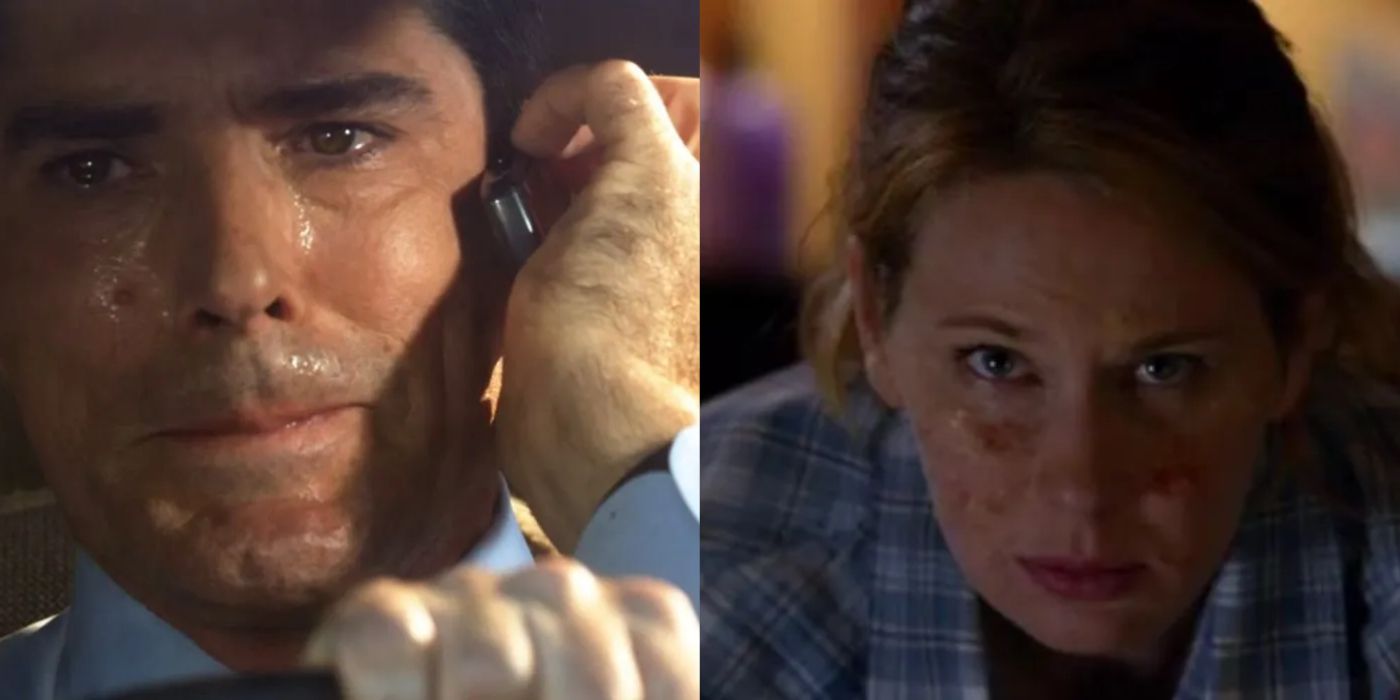Criminal minds it was one of the most popular dramas on television until its conclusion, which ended the series in its fifteenth season. However, fans didn’t have to mourn the conclusion of this series for long. Paramount+ was quick to resurrect the series, launching Criminal Minds: Evolution only two years after the initial end.
Criminal minds it always had great tropes that kept viewers wanting to come back for more. However, the series also had tropes that proved ineffective. Some were unrealistic and created drama that didn’t feel authentic. Others were simply overused, making them predictable and therefore less suspenseful.
10 Solve a case in a short time
Although some episodes of Criminal Minds are based on real cases, the series isn’t entirely realistic when it comes to solving the mystery. While the cases they solve are often solved within days, and sometimes as little as a day, the actual crimes often take much longer.
10 Best Criminal Minds Tropes
10 Worst Criminal Minds Episodes According To IMDb, Ranked
Last season, he began to correct this inaccuracy, creating a global case that takes the whole season to solve. This is a true account of the hunt for serial killers, often taking investigators longer than an hour-long episode.
9 Substitution of characters by similar characters 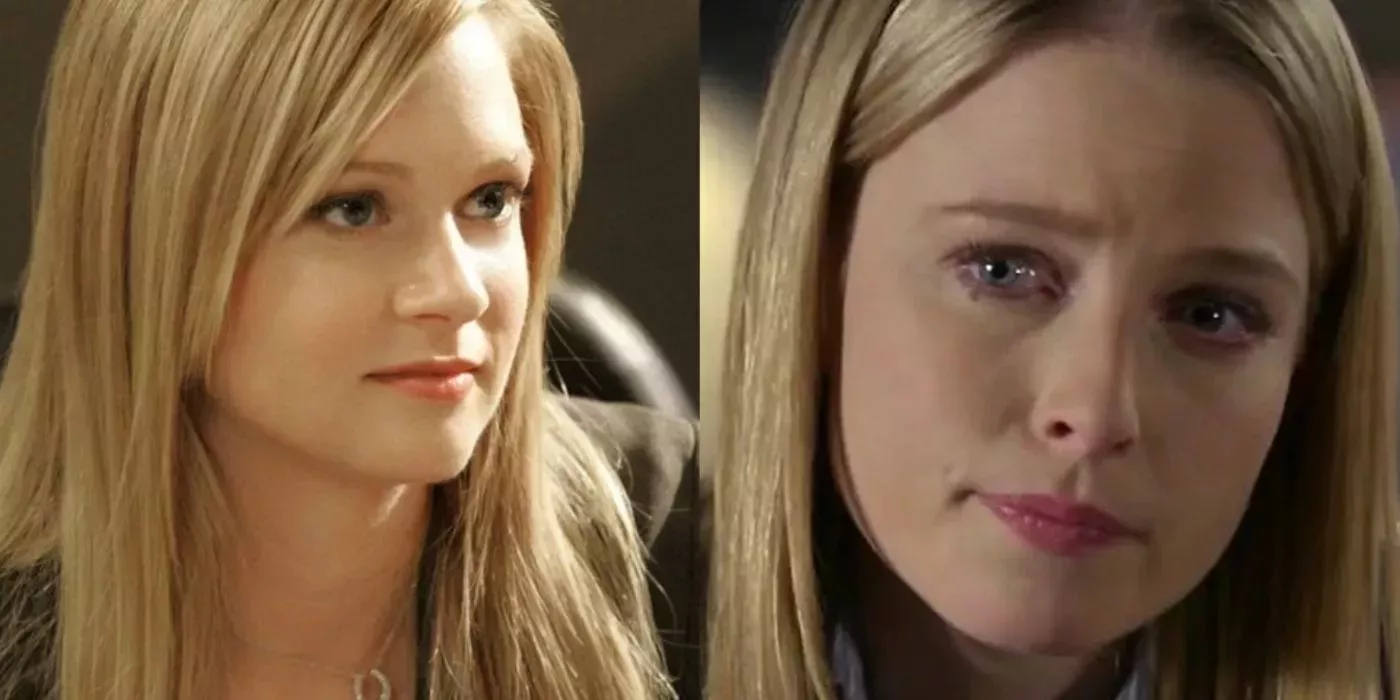
Criminal minds always had a few characters throughout the series, or most of them, with some of the characters leaving and returning. Currently, Jennifer Jareau, Emily Prentiss, Tara Lewis, Luke Alvez, Penelope Garcia, and David Rossi have returned to reprise their roles from the original series.
However, when characters left, either permanently or temporarily, the series replaced them with others of similar personality or appearance rather than finding a new character who offered something new. When JJ (AJ Cook) was gone for a while, his place on the team was taken by rookie Ashley Seaver, who looked suspiciously like the beloved JJ.
8 Misrepresentation of Mental Disorders 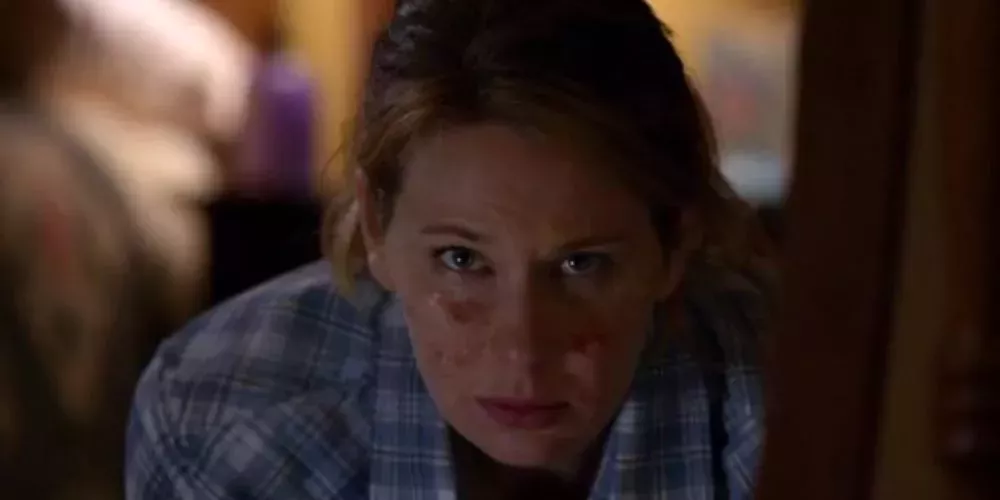
Criminal minds He hasn’t always had a totally terrible portrayal of mental health issues. For example, Spencer Reid caring for his schizophrenic mother while fearing that she would inherit the same disorder was a moderately realistic portrayal of genetic relationships with mental health.
However, the show too often featured a villain with a mental health issue that was either grossly inaccurate or grossly offensive. For example, the Season 1 episode “Derailed” glorified a doctor who used his schizophrenic patient as an achievement while reviling him to create drama.
7 The Immortality Of Beloved Characters 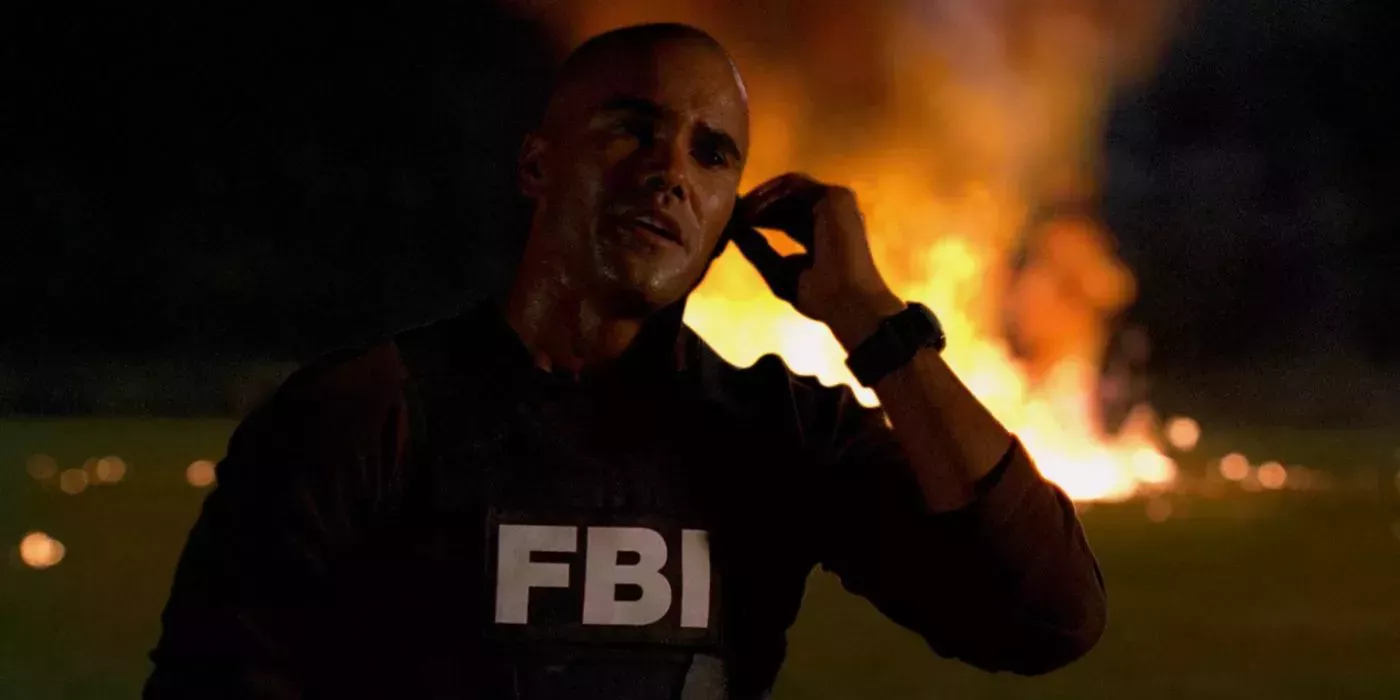
There have been emotional losses in Criminal minds, which have often led to the series’ saddest deaths. However, the series has a reputation for putting the team in impossible situations that everyone seems to get out of. The only major characters to have died are Stephen Walker, who came later in the series, and Jason Gideon, who had been absent from the series for several seasons at the time of his death.
While these life-or-death situations help create drama, their repeated use while team members still end up alive starts to feel a bit predictable and unrealistic.
6 The Use Of Unsympathetic Victims 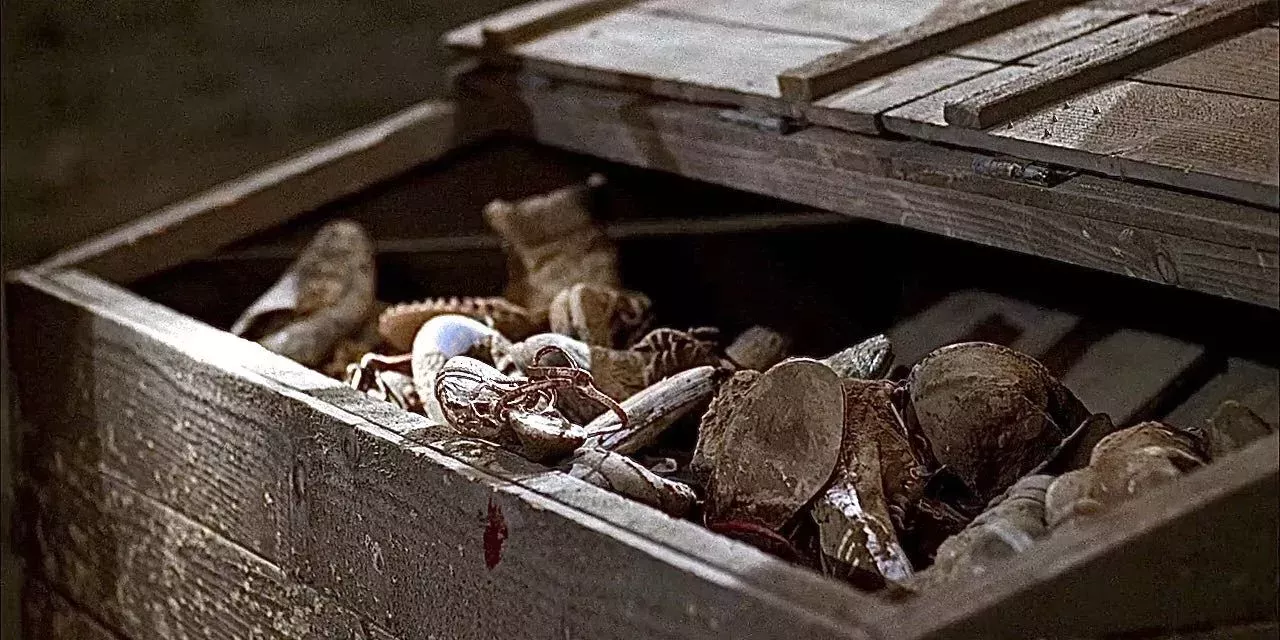
One of the tools the BAU team uses to find and apprehend serial killers is victim profiling. Often the killer (or killers) has a specific type of people in their sights based on preferences, past traumas, or delusional grudges towards certain people.
While many of these victims are innocent, the show also tends to use unsympathetic victims to make the criminal more sympathetic. While viewers are understandably not upset to see criminals like pedophiles and molesters punished, the repeated use of adultery, petty crime and general bad behavior seem like poor excuses for someone to be assassinated.
5 Surprising to be able to find missing children 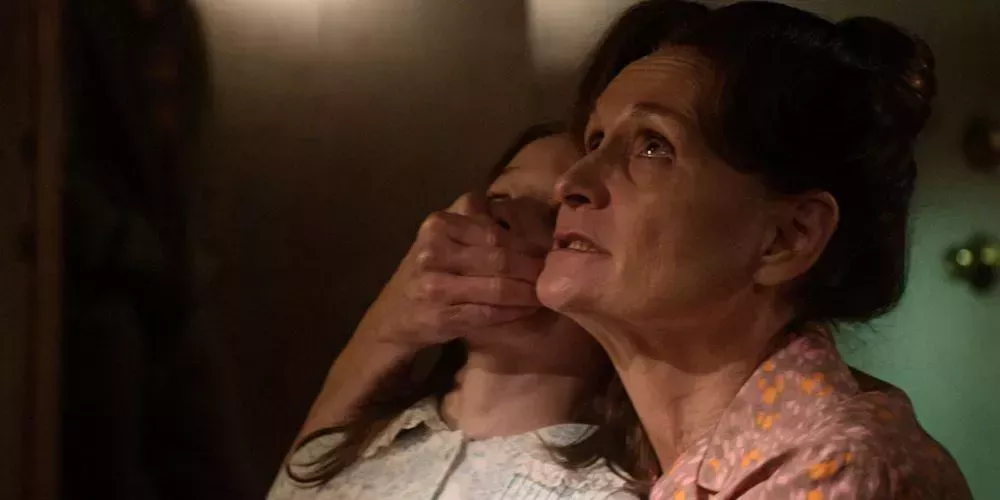
Some of the saddest losses for the BAU team come when they are unable to save children or show up too late to help some young victims. Many episodes focus on children or families, using the children to up the stakes of the case.
However, the program also seems to ignore statistics for finding missing children. While it’s always a happy ending when a child is rescued, too often the show has been able to get children back long after they’ve been abducted, making those happy endings seem more common than they really are. are in real life.
4 cults used to create drama 
One of the reasons why Criminal minds was one of the longest-running TV dramas is that it mixes up UAC-investigated cases to keep the content fresh. One of the tropes the show has used to eschew habitual serial killers is cult activity.
Some of the fictional cults used are the Breakaway Cult and The Forever People. Cults are a cultural phenomenon that disturbs society, especially with big news about murderous cults. However, Criminal minds it often blurs the lines between the behavior of cults and extremist groups, making cults seem more violent than just abnormal.
3 Putting loved ones in danger that ups the ante 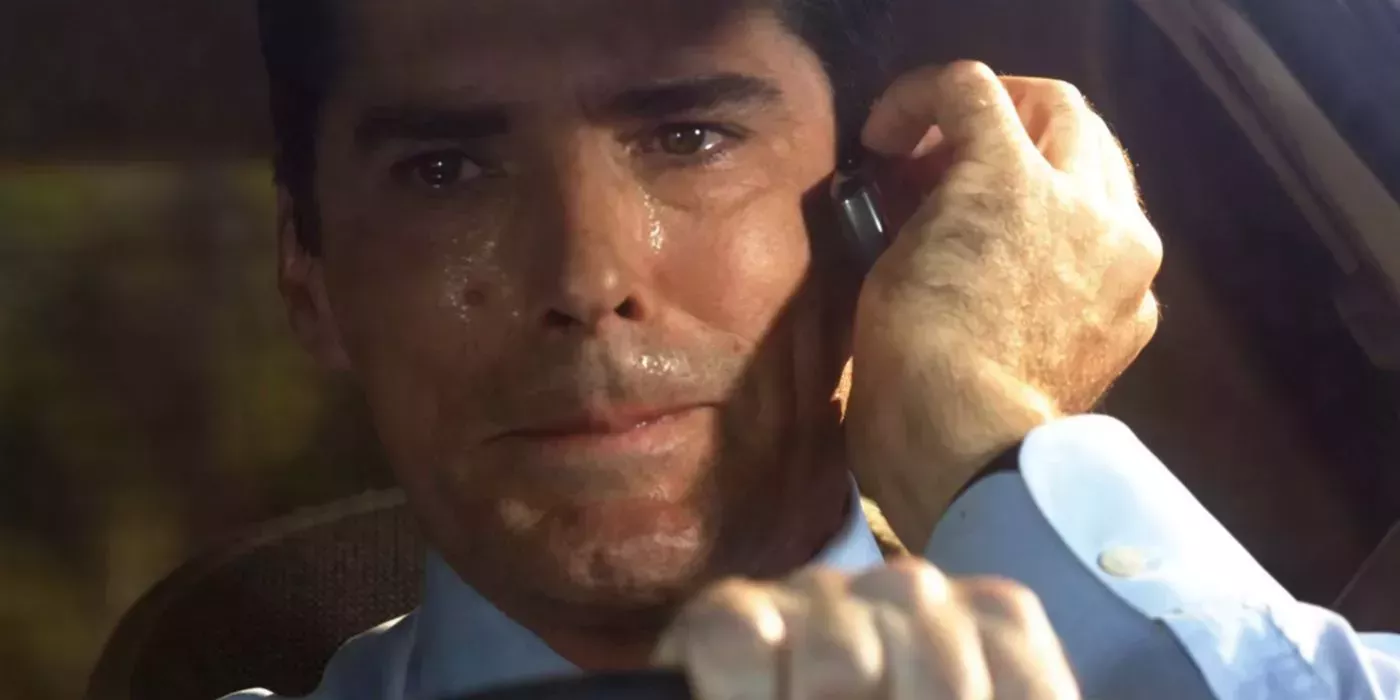
Although members of the Criminal Minds team generally seem to be in conspiracy armor when it comes to dangerous situations, the team’s kin are fair game. Almost everyone on the team has been in a situation where they had to rush to save their loved one from a criminal who took things too personally.
The most iconic instance of this is when Foyet (aka The Grim Reaper) found Hotchner’s son and ex-wife in witness protection, killing Haley before Hotch could show up to rescue them both. It’s another trope that has not only become predictable, but has become cliched and overused.
2 A Team Member Goes Crazy 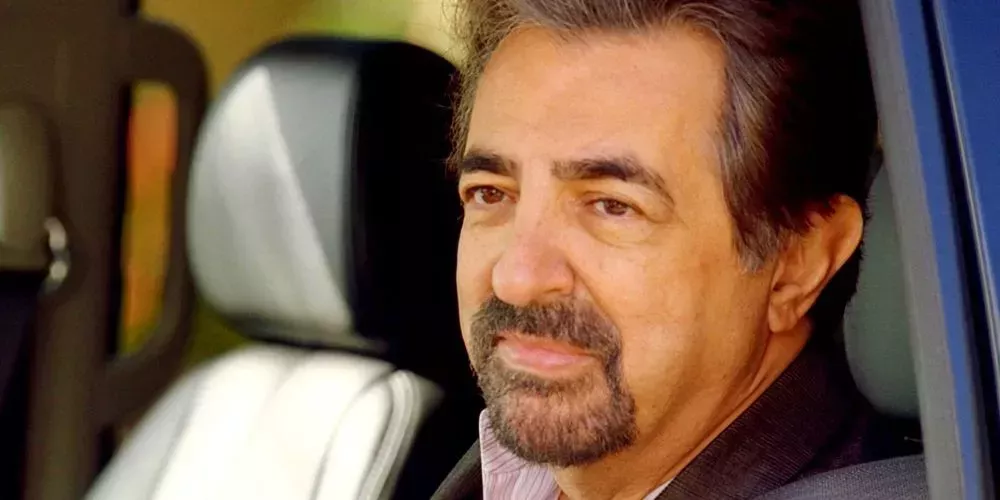
With one of the team members or their relatives specifically targeted during a case, everyone had to take things a little too personally and take the law into their own hands to get the job done. It is to be expected that when one of them gets personally involved, he will inevitably go rogue.
Although Rossi is one of the most sarcastic characters on the show, often offering a bit of comic relief during a tense situation, he’s best known for being free to do things on his own. This trope helps build tension, but it’s frustrating for fans, who know they’re making a fool of themselves without the help of their smart team.
1 The Affection Between JJ And Reid 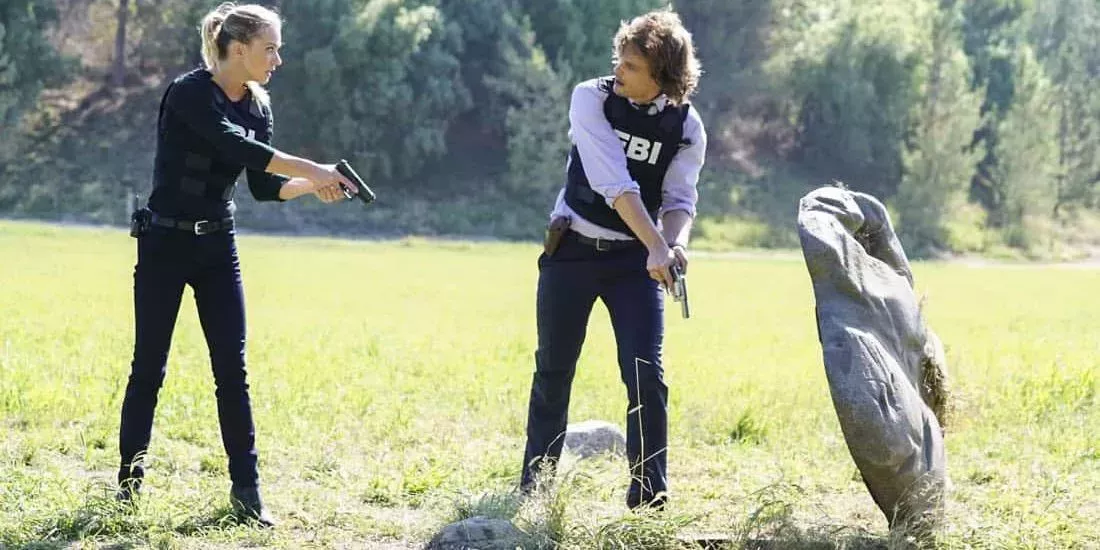
A consistent relationship throughout the series was that of Agents JJ and Spencer. At the start of the seasons, it was clear that young Spencer had a crush on JJ. Over time, they became best friends, leaning on each other through the toughest times.
However, fans were pretty happy with the best friends dynamic. One of the worst decisions made in recent seasons was for JJ to admit she was in love with Spencer, ruining the healthy relationship they had throughout the series. Their adorable dynamic was one of the best tropes of the entire series until this shocking reveal was included.

